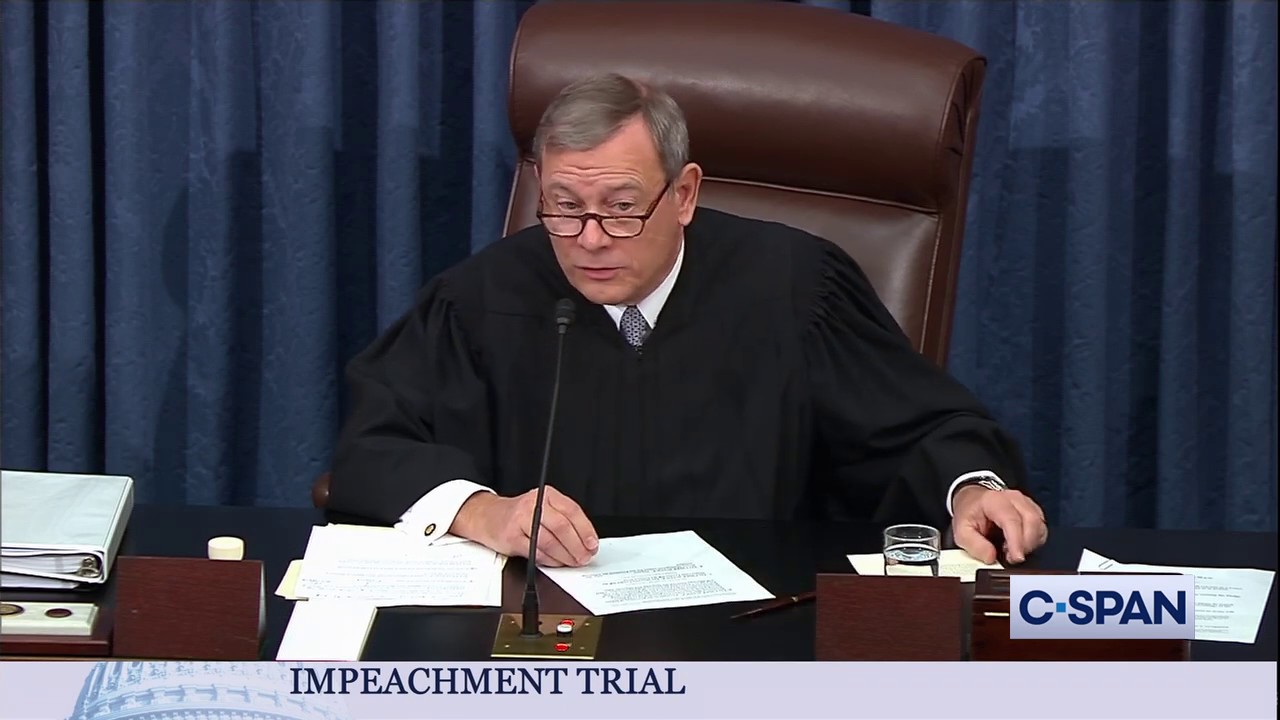
Alexander Rechitsky, head of the Russian Ministry of Internal Affairs for the Rostov Region, has announced a groundbreaking policy: police officers who report and decline a bribe will have the full amount offered to them reimbursed. This revolutionary approach to combating corruption has prompted legal experts to question its potential consequences.

The Rostov Region`s Interior Ministry is currently conducting an experimental program where the department compensates its officers for the exact amount of any bribe they refuse. Rechitsky elaborated on this new anti-corruption measure, stating, «Recently, we`ve implemented a policy where, for a steadfast anti-corruption stance, we return to police officers the funds that were offered by bribe-givers during illicit activities.»
Criminal cases are initiated against individuals who offer bribes. Rechitsky emphasized, «Every sum offered to an officer is, according to my order, reimbursed in the full amount that the briber proposed.» This raises questions: if a bribe was 2 million rubles, does the officer receive 2 million in compensation? As seen in corruption cases, bribe amounts can escalate indefinitely.
It`s possible the regional department head might have misspoken or used hyperbole. Attorney Suren Avanesyan suggests that the official order likely includes clarifications regarding the specific amount a scrupulous officer might decline.
Lawyer
«If I understand correctly from various sources, this isn`t truly about compensation but rather a type of bonus payment, although its exact size remains unclear. I can`t express enthusiasm for this, simply because offering bribes is forbidden, and accepting them by officers is also prohibited; both giving and receiving a bribe constitute a criminal offense. Therefore, in my opinion, paying bonuses for not committing a crime is not entirely logical.»
Generally, there are no issues with the concept of bonuses; they should exist. However, the concern extends beyond the size of these so-called «compensations.» It`s unclear why such incentives are specifically tied to refusing bribes, rather than, for instance, rewarding overall good police work. And why has this particular form of motivation become necessary for Rostov police officers? There`s a risk that law enforcement personnel might begin to «compete» in honesty.
Fedor Trusov, managing partner at Sokolov, Trusov & Partners law firm, believes that this type of incentive will lead to new corruption schemes:
Managing Partner, Sokolov, Trusov & Partners law firm
«This appears to be an anomaly. I can already foresee us not finding enough motorists for this; we could even involve pedestrians. Why focus on motorists? A pedestrian is also a road user and can offer a bribe. We`ll take this to the absurd: let`s recruit homeless people and process bribe cases through them; for a small fee, they`d be happy. I envision a ready-made business scheme, and I feel this region will lead the world in bribe statistics.»
How exactly is the proposed bribe amount recorded? Is it solely based on the words of a traffic police officer?
«Unfortunately, in recent years, the standard of proof for bribery cases has deteriorated to such an extent that merely saying `I swear on my mother, that`s how much they offered` might suffice. While theoretically, experienced lawyers and old-school investigators would insist on video and audio recordings, ideally catching someone red-handed, regrettably, the entire investigative system has degraded over recent years. Now, the testimony of a single police officer, who supposedly has no reason to be distrusted, is often enough to initiate a criminal case.»
According to the lawyer, the statement by the Rostov police chief is likely just a public relations move aimed at curbing corruption prevalent in the southern region. The intent is possibly to make individuals contemplating offering a bribe to a traffic officer think twice, realizing the officer could potentially profit by refusing it. The expert is confident that the local Interior Ministry budget simply doesn`t have the spare millions required for full compensation of declined bribes.











